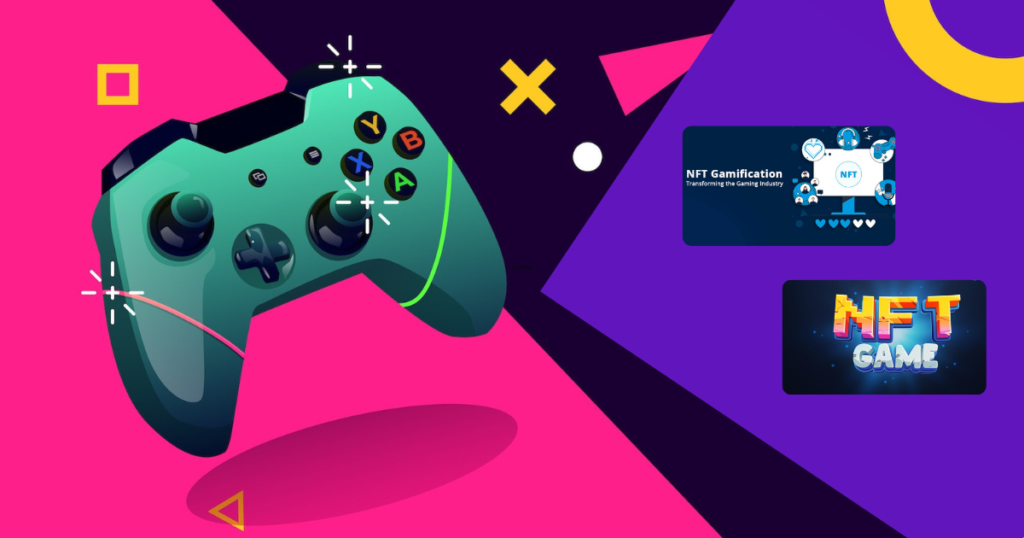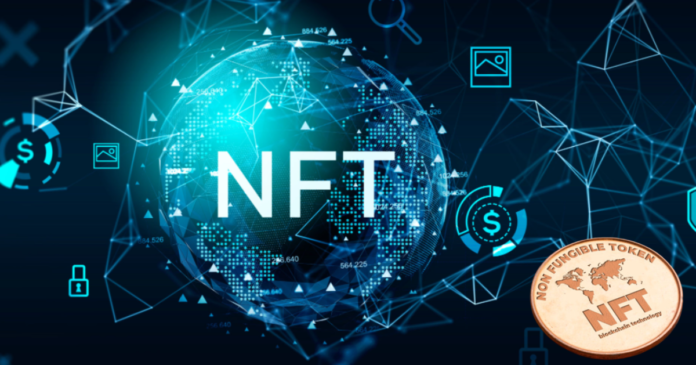NFT Non-fungible tokens are cryptographic assets on a blockchain that can be distinguished from one another by their distinctive identification codes and metadata.
NFTs have taken the world by storm escaping cryptocurrency circles and becoming mainstream. Bands are selling NFT versions of their albums celebrities are selling their tweets and we even see memes being sold as NFTs for up to millions of dollars. You might be wondering what is an NFT and what is its utility. Don’t worry it might be hard to grasp the concept at first but you’ll turn into an NFT expert in no time.
What is an NFT to understand NFTs you must first understand fungibility? Fungibility is a property that describes whether an asset or good can be interchanged with other goods or assets of the same type. Cryptocurrencies and fiat currencies are fungible because their units hold the same value at all levels. One dollar can be easily exchanged for another dollar just like how one bitcoin can be exchanged for another bitcoin. The same can’t be said about non-fungible assets because they have special attributes that make them different from other assets of the same class.
We can’t simply exchange houses, tickets, or paintings in the same way that we use cash. Due to the fact that each one possesses different properties. NFTs are non-fungible assets as well but the core difference is that they are digitized. Their objective is to represent material or immaterial objects on a blockchain network and there are numerous reasons why we would want to do that.
Why should we use NFTs?
If we’re an artist we could tokenize our artwork and convert it into an NFT. In order to protect our intellectual property and fight against copyright infringement. Features such as immutability and distributivity granted by blockchain technologies grant this possibility since anyone can verify that artwork like a painting or a photograph is created by us.
If we want to we can directly sell the painting to another individual by listing the non-fungible token on an NFT marketplace. Since platforms like open-sea and wearable are decentralized users and artists can facilitate trades together without the need for an intermediary beyond art.

Use Cases of NFTs
Keep in mind that NFTs have multiple use cases and that they go beyond digital images.
Real estate marketplaces
One day we might see real estate marketplaces where houses and apartments are represented and sold on the blockchain in the form of non-fungible tokens. Owners can skip the hefty fees imposed by agencies by communicating directly with interested buyers and creating ownership transfer agreements using smart contracts.
Video game industry
In the video game industry gamers gained the ability to sell existing in-game items that were traditionally not transferable. A DJ can sell event tickets in the form of NFTs to avoid forgery and ticket hoarding.
Related: Gamified NFTs | NFT Gamification: Complete Guide
Supply chain companies
Supply chain companies can tokenize their goods and help buyers confirm the origin of an item and other detailed information.

Sell memes
The possibilities are truly endless and there is not even a single sector that can’t profit from NFTs. While their most popular use case today is to sell memes and Twitter posts for millions of dollars. A more serious implementation has the potential to massively revolutionize the way that we own and trade objects.
Related: The Secret Behind NFTs No One knows
If you now finally understand how cool NFTs are then share it with your friends to help them to understand as well. If you want more blogs related to crypto and blockchain comment below we will write new articles of your choice.

